Proposal to enforce land acquisition if more than 70% of people agree
According to statistics, there have been more than 12 million comments from agencies, organizations and individuals on the draft Land Law (amended). The public consultation on the draft Land Law (amended) is a very extensive political and social activity, attracting the attention of many classes of people, intellectuals, Vietnamese people residing abroad, organizations and businesses operating in Vietnam.
One of the issues that has received special attention from the public recently is the policy on land acquisition, compensation, support and resettlement. In particular, regarding land acquisition, in reality, there has not been a single major project that enterprises have been able to negotiate with the people. That is also the reason why the efficiency of land use is affected. The State still has to acquire and convert land use purposes, and calculating the difference in land rent is very difficult.
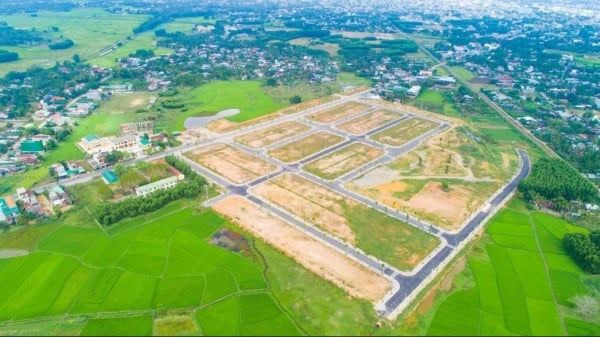
Land acquisition, compensation, support and resettlement policies are of particular interest to public opinion.
In reality, enterprises implementing urban development projects in agreement with the people often encounter certain difficulties and problems. Accordingly, at the workshop on the draft Land Law (amended) organized by the Vietnam Chamber of Commerce and Industry (VCCI) in coordination with the Ministry of Natural Resources and Environment on March 8, Mr. Nguyen Quoc Hiep, Chairman of the Vietnam Association of Construction Contractors, said that there are projects of enterprises that have not been implemented for 8 years due to problems with land recovery, compensation, and crop support.
According to Mr. Nguyen Quoc Hiep, residential land and commercial service land when recovered must be adequately compensated according to the compensation plan decided by the government to ensure that people's lives are not disadvantaged. However, Mr. Hiep emphasized: "But one issue needs to be clarified: The compensation price must be implemented in accordance with the approved compensation price plan, it cannot be implemented by the method of self-negotiation between each household and the investor".
Ms. Nguyen Thi Nga, Chairwoman of BRG Group, proposed: “Once an agreement has been reached with the majority of the people, the investor is required by state agencies to recover the land and enforce it if the remaining households do not agree to avoid land waste and ineffective land use. If only 1% do not agree, it will be difficult to implement the project. The law may allow the project to be implemented in parts, but the project is the whole.”
Expressing his opinion on this issue, Economic Expert Vu Vinh Phu said that in order for land recovery to be favorable, the state needs to have very specific mechanisms and policies to create a legal corridor, from which relevant agencies, people and businesses can implement.
This economic expert also supports the view that if there is a legal corridor, when the enterprise implementing the project has reached an agreement with more than 70% of the people, then the state agencies will carry out land recovery and enforcement if the remaining households refuse to hand over the site to avoid the case of the project being prolonged, causing damage to the enterprise, while not immediately promoting the effectiveness of the land.
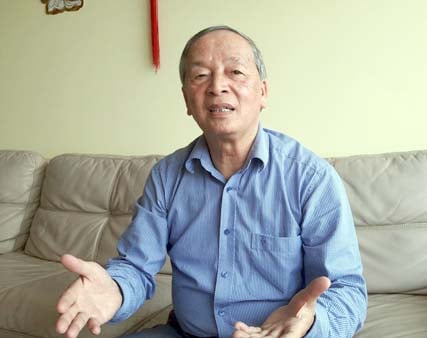
Economist Vu Vinh Phu.
Differential rent, how to calculate?
It can be said that in recent times, the State has had difficulty in reclaiming land and converting land use purposes, and calculating land rent differences because of the determination of land prices. While many opinions say that the State reclaims land from people at "cheap" prices, then hands it over to businesses to invest in selling products at high prices to make a profit. Is that really the case?
According to a representative of a real estate company, the compensation for land clearance is essentially from the State, but in reality, the company pays in advance and deducts it later from the land use fee and land tax. Even if the land is acquired for 1 million VND/m2, it cannot be sold immediately at many times the price.
Meanwhile, in addition to land use fees and land taxes that must be paid to the State, businesses must also pay additional costs for infrastructure construction, sales through the floor, dealer discounts, interest payments, etc.
Talking to us, Lawyer Nguyen Hoai Nam - Director of Bamboo Star Law Firm LLC analyzed the issue of the State reclaiming land for socio-economic development purposes, including the construction of new urban areas.
Lawyer Nguyen Hoai Nam said that new urban areas approved by the Prime Minister, investment decisions that require land acquisition, or new urban area construction projects approved by provincial People's Councils that require land acquisition are cases where the State acquires land for socio-economic development for national and public interests as stipulated in Article 62 of the 2013 Land Law.
“When the State reclaims land for socio-economic development for national and public interests, there will be a difference between the amount of money the State compensates the person whose land is reclaimed and the amount the State collects through land allocation to the enterprise that is the project investor,” Lawyer Nam emphasized.
According to Lawyer Nguyen Hoai Nam, people whose land is recovered and meet the conditions specified in Article 75 will be compensated for land when the State recovers land for national defense and security purposes; socio-economic development for national and public interests.
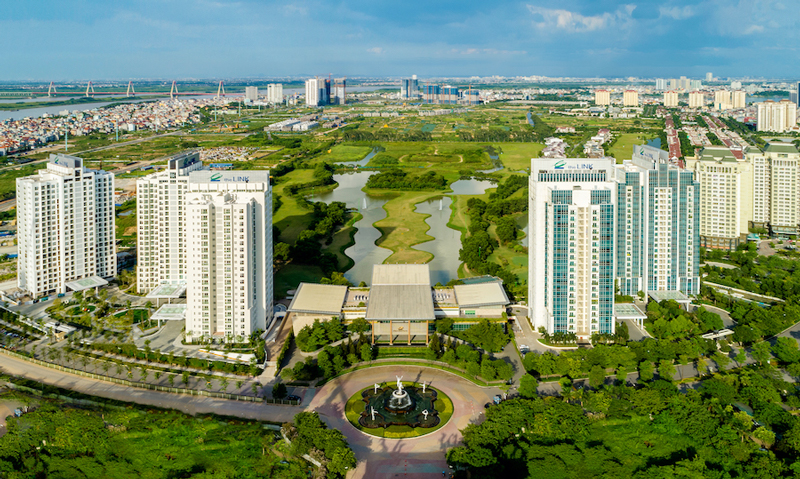
Nam Thang Long Urban Area (Ciputra Urban Area). Photo: internet
Citing the Nam Thang Long Urban Area Project (Ciputra Urban Area) in Tay Ho District, Hanoi City, Lawyer Nguyen Hoai Nam said that compensation, support and resettlement when the State reclaims land is implemented according to Decision No. 10/2017/QD-UBND of the Hanoi People's Committee, accordingly, Article 5 stipulates the principles of land compensation when the State reclaims land: Land users when the State reclaims land, if they meet the conditions for compensation according to the provisions of Article 75 of the Land Law, will be compensated in cash according to the specific land price of the type of reclaimed land decided by the City People's Committee. In case of land fund conditions, compensation will be considered by allocating land with the same purpose of use as the type of reclaimed land. According to Table No. 1 issued with Decision No. 30/2019 of Hanoi People's Committee, the price of agricultural land for rice cultivation and annual crop cultivation in wards of Tay Ho district is 252,000 VND/m2.
For investors, after completing land acquisition, compensation, and site clearance, the State decides to allocate and lease land to the project investor. At that time, the State calculates land use fees for land lease and allocation according to the correct purpose of using each new type of land in the planning and project investment policy approved according to the provisions of Decree 45/2014/ND-CP regulating the collection of land use fees and implementing guidelines.
“The difference occurs here when the amount of compensation and support the State provides to people whose land is recovered is much lower than the amount of land use fees collected by the State from enterprises through land allocation and land lease. This is also obvious because the purposes of land use when the State recovers from people and when the State allocates to investors are different and the location and infrastructure are based on the general planning of the urban area,” Lawyer Nguyen Hoai Nam stated clearly and said that the difference in calculation will be included in the State budget.
Gia Phat
Source


![[Photo] Prime Minister Pham Minh Chinh chairs meeting to deploy overcoming consequences of storm No. 10](https://vphoto.vietnam.vn/thumb/1200x675/vietnam/resource/IMAGE/2025/10/3/544f420dcc844463898fcbef46247d16)




![[Photo] Students of Binh Minh Primary School enjoy the full moon festival, receiving the joys of childhood](https://vphoto.vietnam.vn/thumb/1200x675/vietnam/resource/IMAGE/2025/10/3/8cf8abef22fe4471be400a818912cb85)
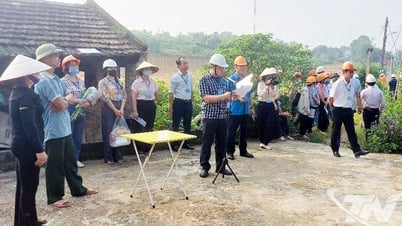

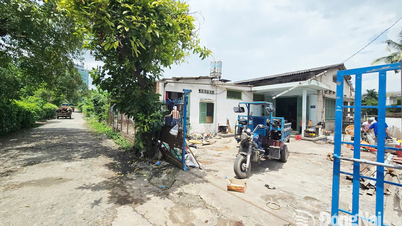

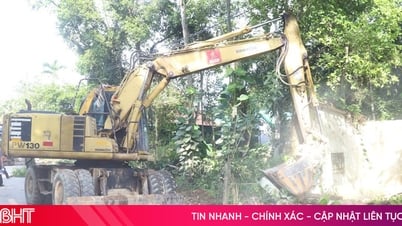

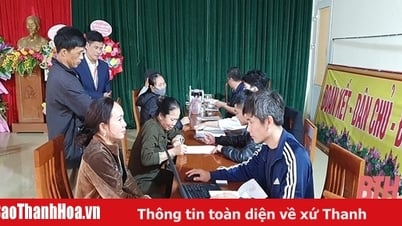



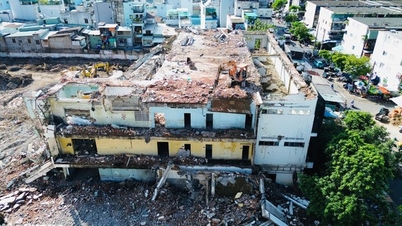



































































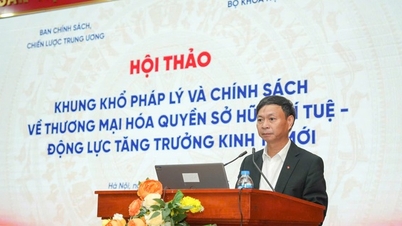

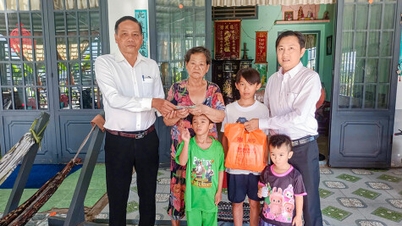

![[Infographic] What are the growth targets of Dong Nai province in the first 9 months of 2025?](https://vphoto.vietnam.vn/thumb/402x226/vietnam/resource/IMAGE/2025/10/3/45f9330556eb4c6a88b098a6624d7e5b)

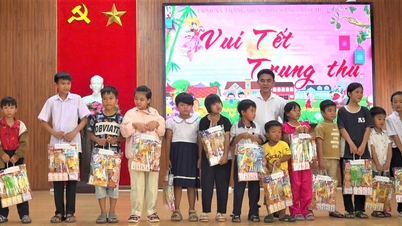


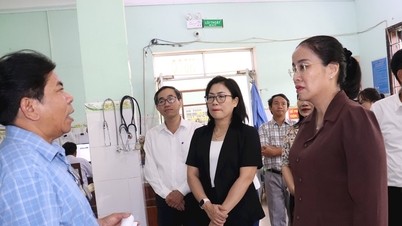












Comment (0)